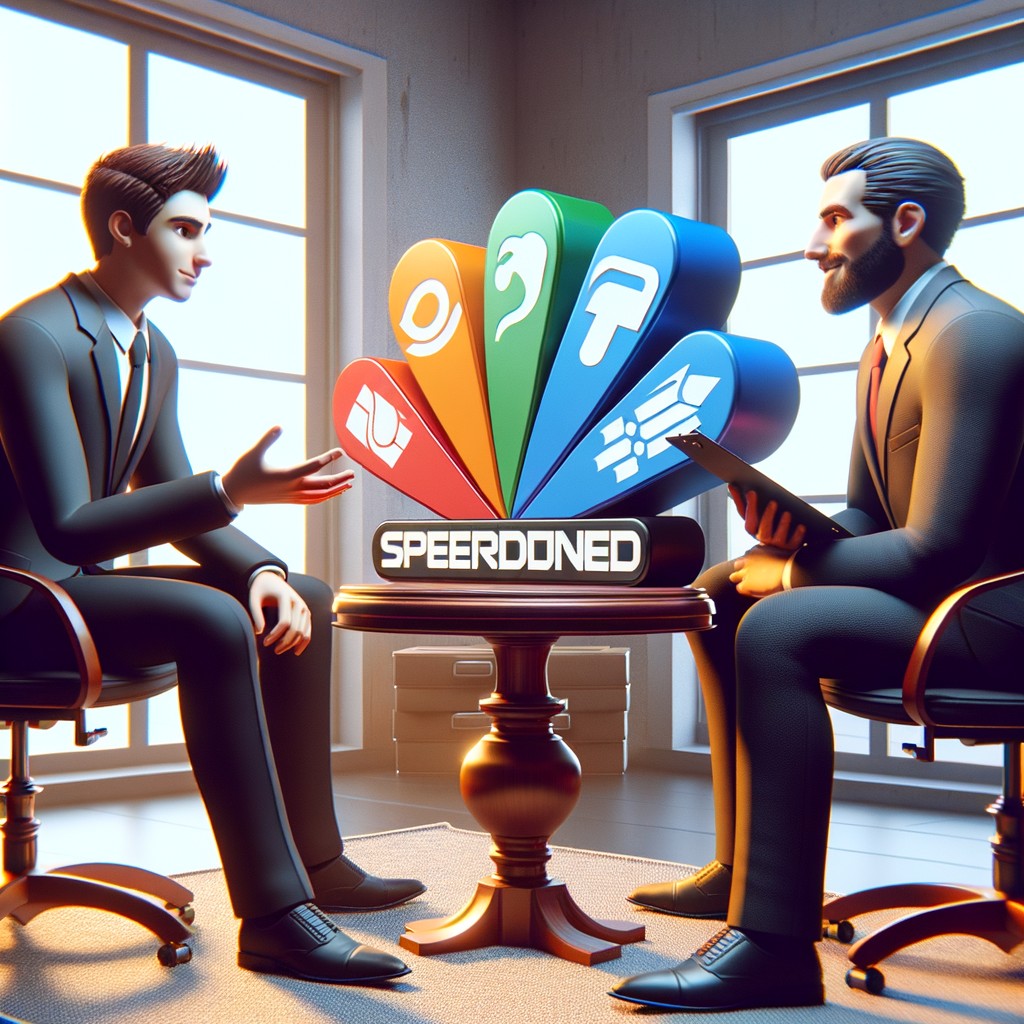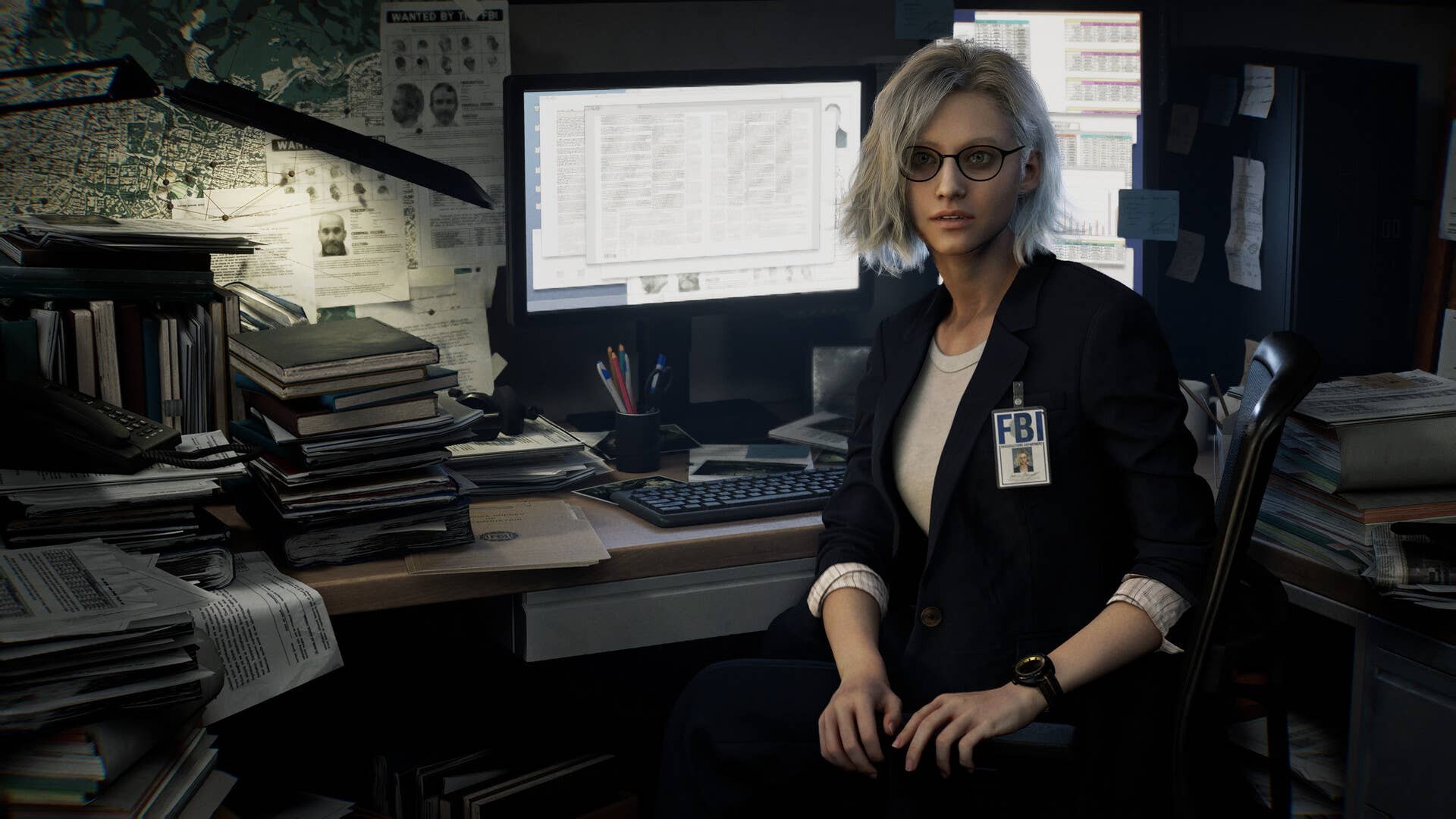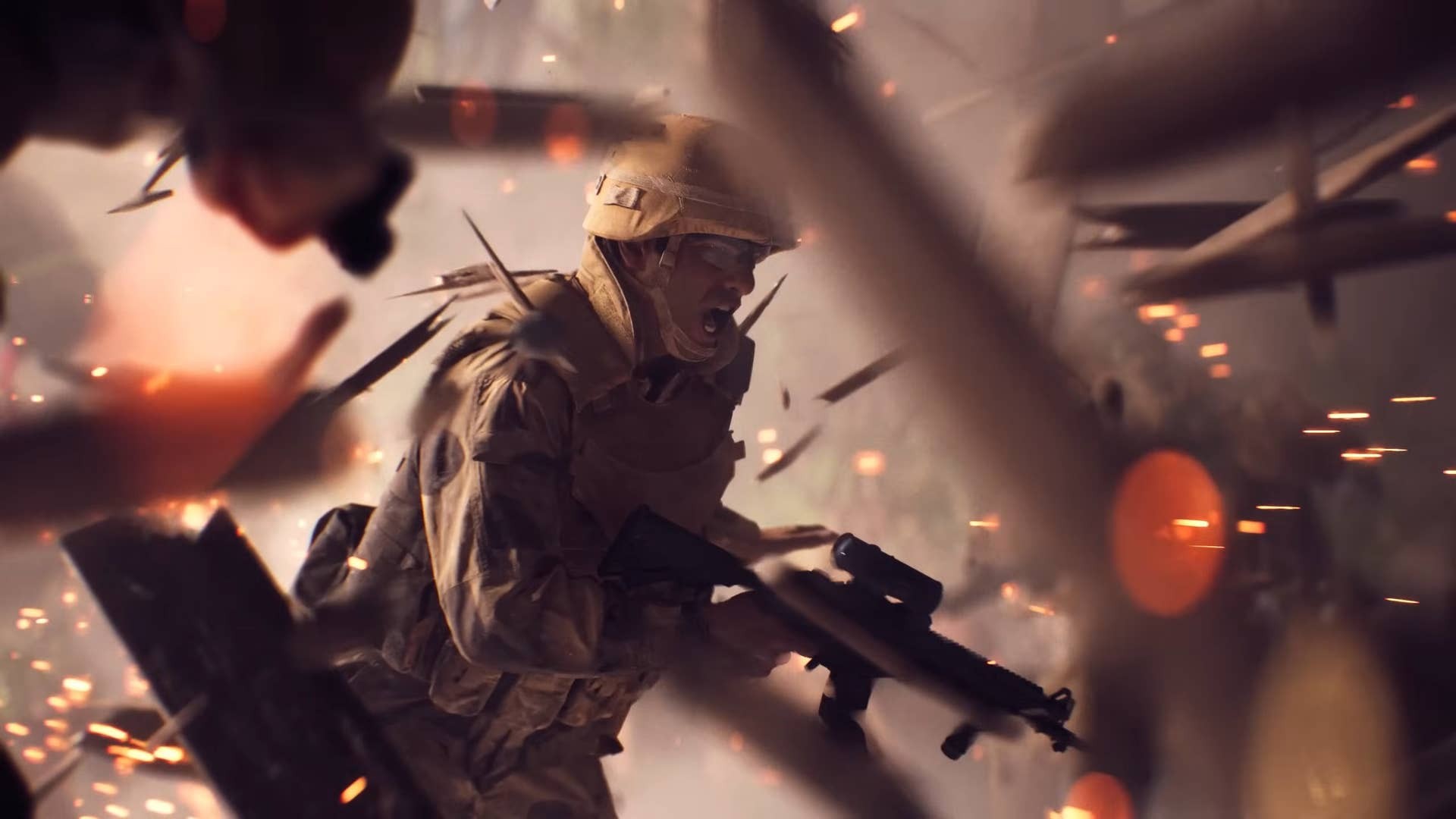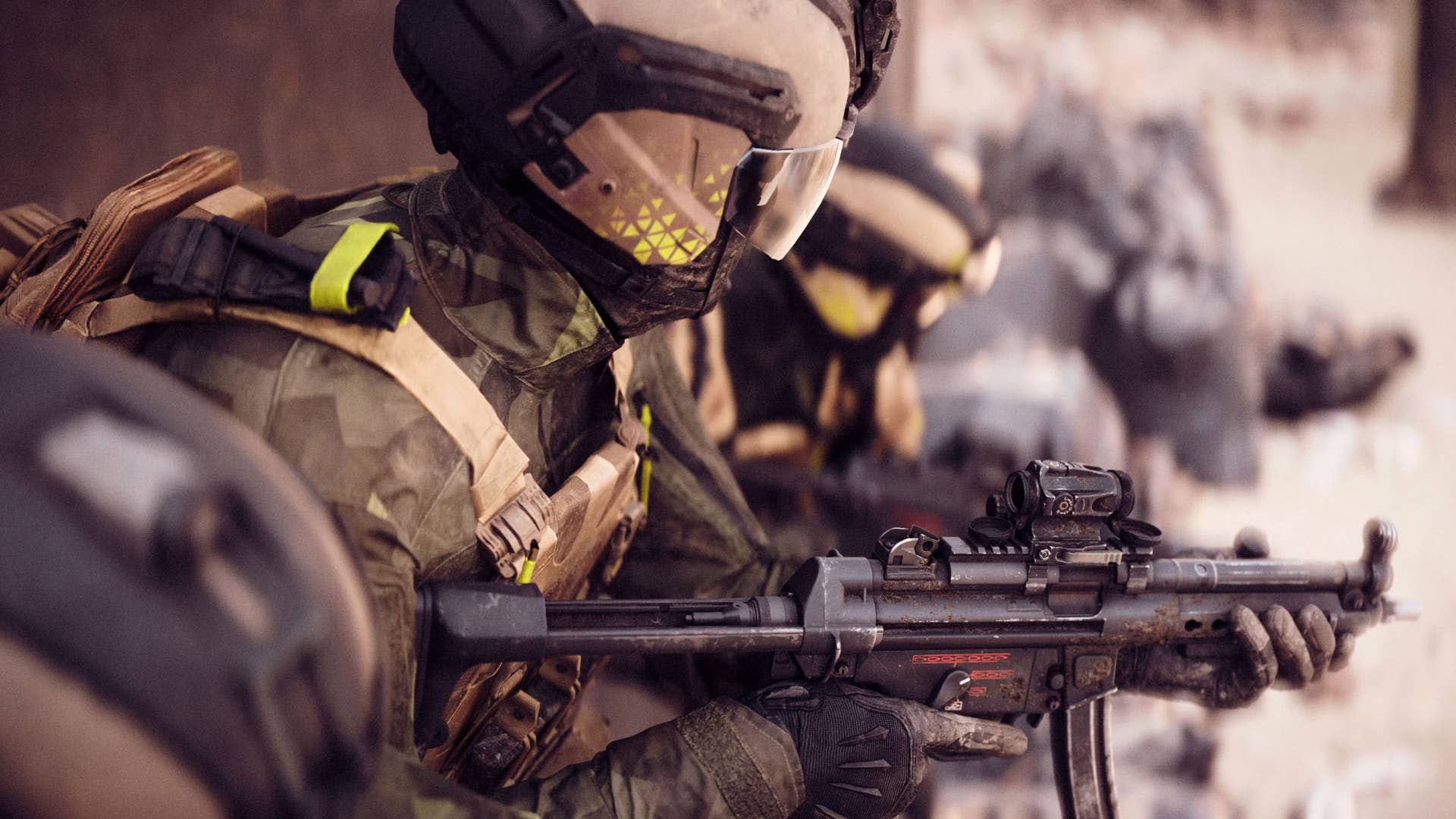Nintendo’s Licensing Move and Its Impact on Speedrunning
In a move that has sent ripples through the gaming community, Nintendo has decided to enforce a new licensing policy for any future usage of its first-party video games by speedrunning organizations. This decision directly affects RTA in Japan, a prominent speedrunning group, which now has to apply for permission to feature Nintendo’s games in their events. According to Kotaku’s recent article, this marks a significant shift in how Nintendo manages its intellectual property.
The New Licensing Requirement
Nintendo’s decision to require individual licensing for its games is a strategic move to maintain control over how its content is used in public events. For years, speedrunning has been a vibrant subculture within the gaming community, with events often streamed live to thousands of viewers worldwide. By implementing this policy, Nintendo aims to ensure that its brand and games are represented in a manner that aligns with its corporate vision.
RTA in Japan, known for its large-scale speedrunning marathons, is now tasked with navigating this new requirement. The group must obtain permission from Nintendo for each of its first-party titles they wish to showcase. This process could potentially complicate event planning and increase administrative overhead, as the group will need to ensure compliance with Nintendo’s guidelines.
Implications for the Speedrunning Community
This licensing requirement raises several questions about the future of speedrunning. On one hand, it could lead to a more structured and professional environment, as events will need to adhere to Nintendo’s standards. On the other hand, it might stifle the creativity and spontaneity that have long been hallmarks of the community.
Furthermore, there is a concern that other game developers might follow Nintendo’s lead, potentially reshaping the landscape of speedrunning altogether. If more companies implement similar policies, it could create barriers for smaller or independent groups that lack the resources to navigate complex licensing agreements.
Community Reactions and Potential Outcomes
Reactions from the gaming community have been mixed. Some view Nintendo’s move as a necessary step to protect its intellectual property, while others see it as a hindrance to the growth of speedrunning. The debate highlights the tension between corporate interests and community-driven initiatives.
Looking ahead, it will be interesting to see how RTA in Japan and other organizations adapt to these changes. Will they find innovative ways to collaborate with Nintendo, or will this lead to a decline in the number of Nintendo titles featured in speedrunning events? The outcome could set a precedent for how gaming companies interact with fan-driven communities in the future.
Conclusion: A Turning Point for Speedrunning?
Nintendo’s decision to require licensing for the use of its games in speedrunning events is a pivotal moment for the community. While it presents challenges, it also offers an opportunity for growth and professionalization. As the gaming industry continues to evolve, the relationship between developers and their fan communities will be crucial in shaping the future of gaming culture.
What do you think about Nintendo’s new policy? Will it benefit the community in the long run, or is it a step backward? Share your thoughts in the comments below.
Nintendo, speedrunning, RTA in Japan, gaming culture, intellectual property, video game licensing, community impact, gaming events, first-party games, gaming industry trends





